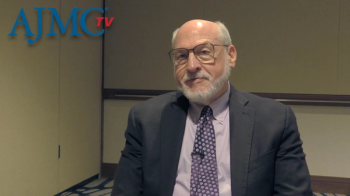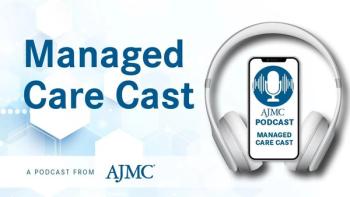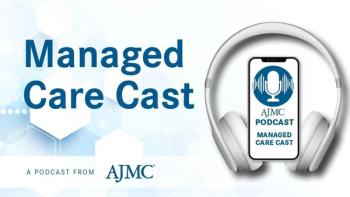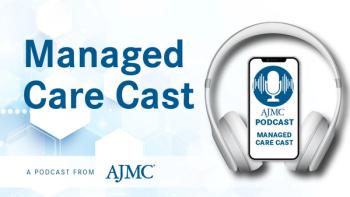
Health Care Delivery
Latest News
Latest Videos

Podcasts
CME Content
More News

Exploring Teclistamab’s Potential in Combination Therapy for Multiple Myeloma: Marc S. Raab, MD, PhD
Marc S. Raab, MD, PhD, discusses the different ways that combination therapy that includes teclistamab can benefit patients with multiple myeloma.

Posters presented at AMCP Nexus 2025 found especially low oral HIV PrEP uptake among transgender individuals and those facing insurance challenges.

Attorney General Ken Paxton claims the manufacturers marketed acetaminophen toward pregnant women despite the “known dangers” to unborn children.

Explore the future of cancer treatment with tumor-agnostic therapies, as experts unveil promising trials and innovative drug developments at ESMO.

Ratna Kiran Bhavaraju-Sanka, MD, and Beth Stein, MD, advocate for improved proactive management of myasthenia gravis (MG) for better patient outcomes.

New data reinforce elinzanetant’s safety, efficacy, and ability to improve sleep disturbances in menopausal women, independent of vasomotor symptom relief.

Early and lifelong trauma can intensify menopause symptoms and accelerate cardiovascular and brain aging, according to research.

Preclinical data suggest a possible synergistic interaction between estrogen and GLP-1 signaling, explains Regina Castaneda, MD.

US safety data show that elinzanetant caused few adverse events and no new liver-related concerns in women, James Simon, MD, explains.

Treating vasomotor symptoms, sleep disturbance, and mood disorders can remove barriers to weight loss for women during menopause, experts say.

Discover how the SkinTracker app enhances AD management through remote assessments, offering convenience and accuracy comparable to in-person visits.

AI-powered mammography is enhancing breast cancer screening and early detection through cutting-edge radiology insights.

Heart rate variability (HRV) biofeedback may be a potential intervention for patients with coronary artery disease.

Different cultural, linguistic, and systemic barriers could impact how Indigenous and Hispanic women access menopause care, said Lisa Taylor-Swanson, PhD.

Can women feel relief from tinnitus and burning mouth syndrome during perimenopause and menopause?

Dedicated COPD respiratory therapists can improve inhaler use, ensure adherence, and bridge care transitions, explained Megan Dulohery Scrodin, MD.

Digitized behavioral cough suppression therapy is a safe, highly effective, and accessible alternative to drugs for chronic cough, said Laurie Slovarp, PhD.

The efficacy of GLP-1 inhibitors in weight loss has introduced them as a means of also addressing obstructive sleep apnea in sleep medicine.

Experts also explained how hormone therapy can benefit women managing chronic conditions such as diabetes and hypertension on top of their menopause.

Researchers will present new findings on how menopause affects cardiovascular, brain, metabolic, and digestive health.

Thorough eye exams in patients who have myasthenia gravis can detect concurrent autoimmune retinopathy and its complications.

Higher body size and metabolic factors are linked to worse psoriasis and lower biologic treatment success.

Telehealth abortion requests doubled after the Dobbs decision, especially for those far from clinics or seeking care before 6 weeks of pregnancy.

Combination therapy with enfortumab vedotin and pembrolizumab significantly reduces progression and mortality risk of muscle invasive bladder cancer in first-line treatment.

Researchers identify FGFR4, FLT1, and WNT5A as key biomarkers and suggest dovitinib and nintedanib as new targeted therapies for colorectal cancer.























